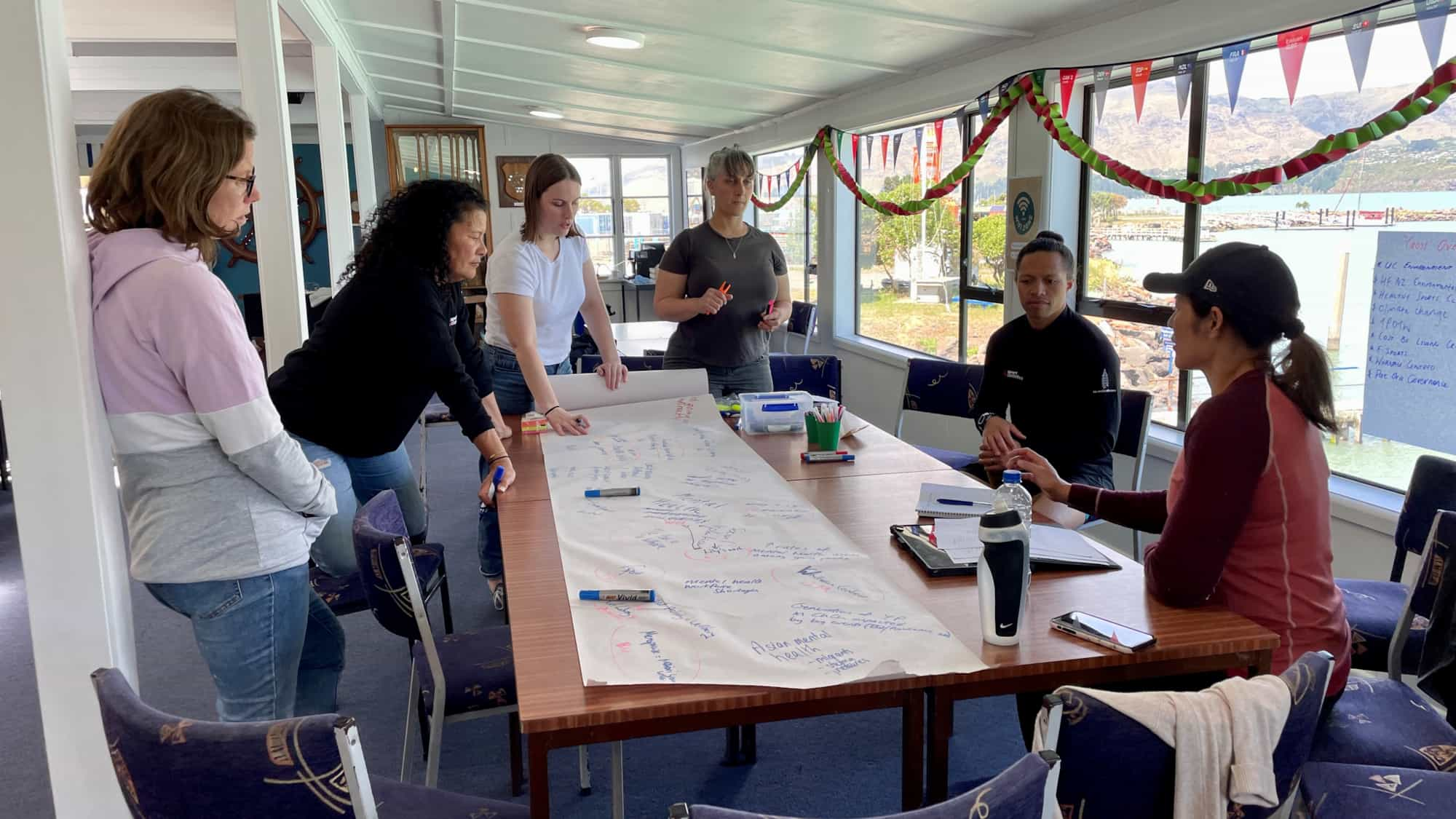

Embracing a systemic theory of change
Healthy Families

In our ongoing quest to foster systems change, the Healthy Families Ōtautahi (HFŌ) team is working to outline change within various systems and identify key actions to incorporate into our mahi.
Additionally, the Healthy Families Ōtautahi (HFŌ) workforce hopes to deepen our understanding of each system they work in and determine the best ways to engage with it.
The Healthy Families approach focuses on addressing the underlying conditions that impact our health and well-being, to reduce the risk of preventable chronic disease in our most vulnerable communities.
A SToC (Systemic Theory of Change) is a framework used to plan, monitor, and evaluate, complex interventions - focusing on understanding and influencing the interconnected components of a system. HFŌ is developing a SToC for each of its strategic objectives.
“To achieve any systemic change, we need to adapt to and learn from the environments we work in to better determine how to interact with those systems,” says Maria Smolar, HFŌ’s lead systems innovator. “This is accomplished by defining our SToC, testing it and assessing the changes within the system’s components.”
During the latest session - at the end of last month - the team focused on the prevention of alcohol-related harm SToC and our north star - or ultimate goal - of a healthy, safe and vibrant Ōtautahi, free from alcohol-related harm. This uncovered some near stars - immediate goals - that could be utilised including, supporting the sports sector and leveraging off team Kaupapa.
A key aspect of the process is to test and refine the SToCs, based on feedback from our stakeholders, in particular our Māori and Pasifika communities. Healthy Families Ōtautahi aims to ensure the SToCs align with our priority population’s needs and ensure any identified actions reflect this.
“Things evolve and emerge, and we need to embrace this within our SToC so this is not a static document; once created, it is not final. We are on a continuous learning journey with our SToC,” Smolar explains. “This involves, a strong reflective practice as a team but also bringing together diverse stakeholders to help us understand the system better.”

“We are building our knowledge and will continue to do so as we find out more and broaden our understanding of the system,” Smolar says of the StoC sessions. “This is one of many tools/methods we draw on to help us make sense of working in complex systems and understand how our contribution can support systems change.”
According to Healthy Families Ōtautahi Manager, Geni Ah Tong, HFŌ’s StoC is a key element within the team’s strategic roadmap.
“Completing our SToC will provide essential context for our strategic roadmap, a framework for our reflective practice hui, a template to capture systems change and how we evaluate our work more effectively.”
Ah Tong adds there have been multiple positive, unintended consequences due to HFŌ’s SToC sessions.
This includes “in-team professional development with regards to systems thinking”; an “increase in team collaboration and relationships that will lead to synergy across and throughout HFŌ initiatives and Kaupapa”; and a “newfound sense of purpose and scene-setting for our team that has cemented our understanding of our mahi and our role in the health prevention system.”
As part of our social learning process, it is important to acknowledge the support we received from others in this process – especially Seanna Davidson from The Systems School who first introduced HFŌ to the concept of the SToC and this document outlining how theory of change can be used for systems change.
Article added: Friday 23 August 2024

